Let’s Stop Pretending: Trust Doesn't Mean Anything
After all these years of teaching, consulting, speaking, and writing, there’s one thing I still can’t seem to do:
get people to stop using the word trust.
It’s everywhere. In speeches. On websites. In the lobby art of every company that wants to sound like it means well. It’s treated like sacred ground — the foundation of culture, the key to relationships, the proof of goodness.
But everyone who says it is talking about something a little different.
People use trust because they assume everyone agrees on what it means. But we don’t. We can’t. What you mean by trust and what I mean by it are never exactly the same.
It’s personal. It’s situational. It shifts from one person to another, one moment to the next.
You might say, “I trust my doctor,” meaning you believe they’re competent.
Someone else might say, “I trust my doctor,” meaning they believe the doctor actually cares about them.
A third person might mean they trust the system — the hospital, the science, the process.
Same sentence. Three different meanings.
That’s the problem with the word. It sounds shared, but it isn’t. It creates the illusion of agreement when what’s really underneath it is a web of expectations that don’t match.
And those expectations — the ones hiding behind the word — are what actually matter.
When we talk about honesty, competence, fairness, or reliability, we can discuss them, define them, and improve them. But when we say trust, we stop talking. We think we’ve said something profound when we’ve actually said nothing specific.
And because we never clarify what we mean, we build relationships, partnerships, and entire organizations on false expectations. You think I promised honesty; I thought I promised results. We both think we have trust, right up until one of us feels betrayed and neither of us can explain why.
So stop using the word.
Start naming what you actually mean. Say honest. Say competent. Say fair. Say dependable.
Those words can be measured, understood, and lived. Trust can’t. It’s just the sound we make when we want agreement without effort.
And the truth hiding behind it is what really holds people together.
Postscript
If there’s anything useful left in the word trust, it’s this: it reminds us to look for alignment.
Every relationship—personal or professional—depends on how closely our standards match the standards of the people we rely on. What we call trust is often just that alignment, or the lack of it.
When we say we “trust” someone, what we really mean is that their actions fit the standards we hold in four areas:
Competence, Character, Consistency, and Capacity.
Competence — Do they have the skills, knowledge, or experience to do what’s expected? Trust fails when people promise more than they can actually do.
Character — Will they do it for the right reasons? We judge this by motives, ethics, and fairness — by whether someone’s actions reflect values we recognize as good or decent.
Consistency — Will they keep doing it over time? Reliability builds predictability. It’s hard to work with someone who delivers once but disappears the next time.
Capacity — Do they have enough resources — time, energy, focus, and support — to keep doing what’s expected? Even the most capable person can’t meet expectations if they’re overwhelmed or undersupplied.
Different people value different C’s. Some care most about skill, others about motive, others about follow-through.
When those standards align, we feel what we call trust. When they don’t, we feel uneasy, disappointed, or betrayed.
So instead of asking, Can I trust them? try asking, Which standard matters most to me—and do they share it?
And if you want others to trust you, make your standards visible.
That’s where the real work begins.

